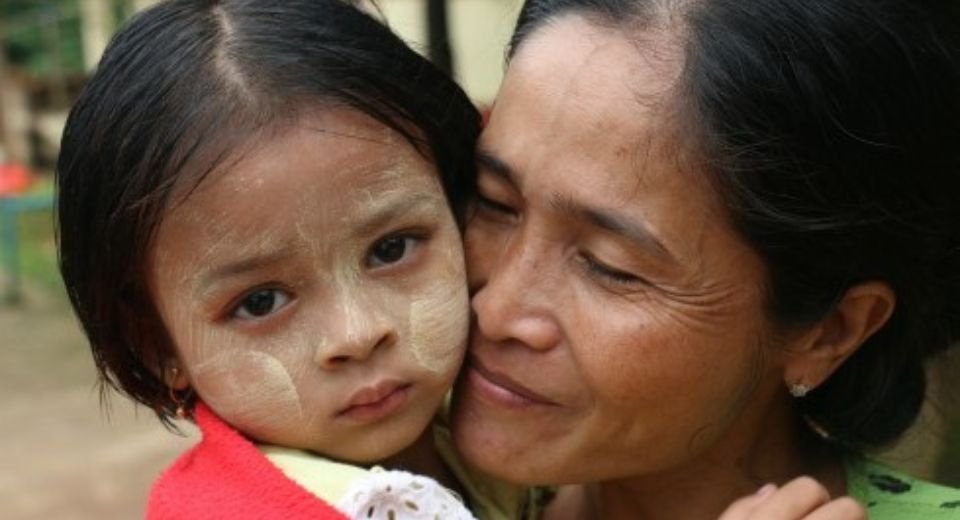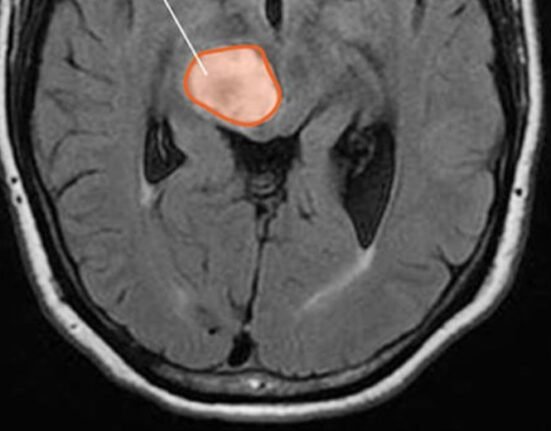HQ Team
June 18, 2024: Takeda Pharmaceutical Company’s two trials for treating epilepsy did not meet its primary goals of seizure frequency, the Japanese company announced.
The first investigational trial evaluated soticlestat or TAK-935, an investigational anticonvulsant plus standard-of-care against an inert substance and standard-of-care in patients with refractory Dravet syndrome.
“Soticlestat narrowly missed the primary endpoint of reduction from baseline in convulsive seizure frequency as compared to placebo,” according to a company statement.
Dravet syndrome is an epilepsy syndrome that begins in infancy or early childhood. Children initially show focal or generalised — throughout the brain — convulsive seizures that start before 15 months of age.
Status epilepticus
These initial seizures are often prolonged and involve half of the body and may be followed by seizures that switch to the other side of the body. Status epilepticus—a state of continuous seizure requiring emergency medical care—may occur frequently, particularly in the first five years of life.
As seizures increase, the pace of acquiring skills slows and children start to lag in development behind their peers. Other symptoms can begin throughout childhood with changes in eating, appetite, balance, and a crouched gait.
The second experimental trial evaluated soticlestat and standard of care with placebo plus standard of care in patients with refractory Lennox-Gastaut syndrome. The disease is a severe form of epilepsy and seizures begin in early childhood, usually before the age of four years.
“Soticlestat missed the novel primary endpoint of reduction from baseline in Major Motor Drop seizure frequency compared to the placebo,” according to the statement.
Intellectual functioning
Most people living with Lennox-Gastaut syndrome experience some degree of impaired intellectual functioning or information processing, along with developmental delays and behavioural disturbances.
According to Takeda, among the six key secondary endpoints, soticlestat showed clinically meaningful and nominally significant results in the responder rate, measures of caregiver and clinician global impression of improvement, and seizure intensity and duration scales over the 16-week treatment period.
“While we would have wished for more declarative results on the primary endpoints, we are encouraged by positive outcomes seen in the totality of the data and are looking forward to engaging health authorities to determine the best path forward,” said Sarah Sheikh, Head of Global Development at Takeda.
Takeda will continue to assess the financial impacts of the study results, including impairment loss for intangible assets, in the first quarter ending June 30, 2024, according to the statement.








